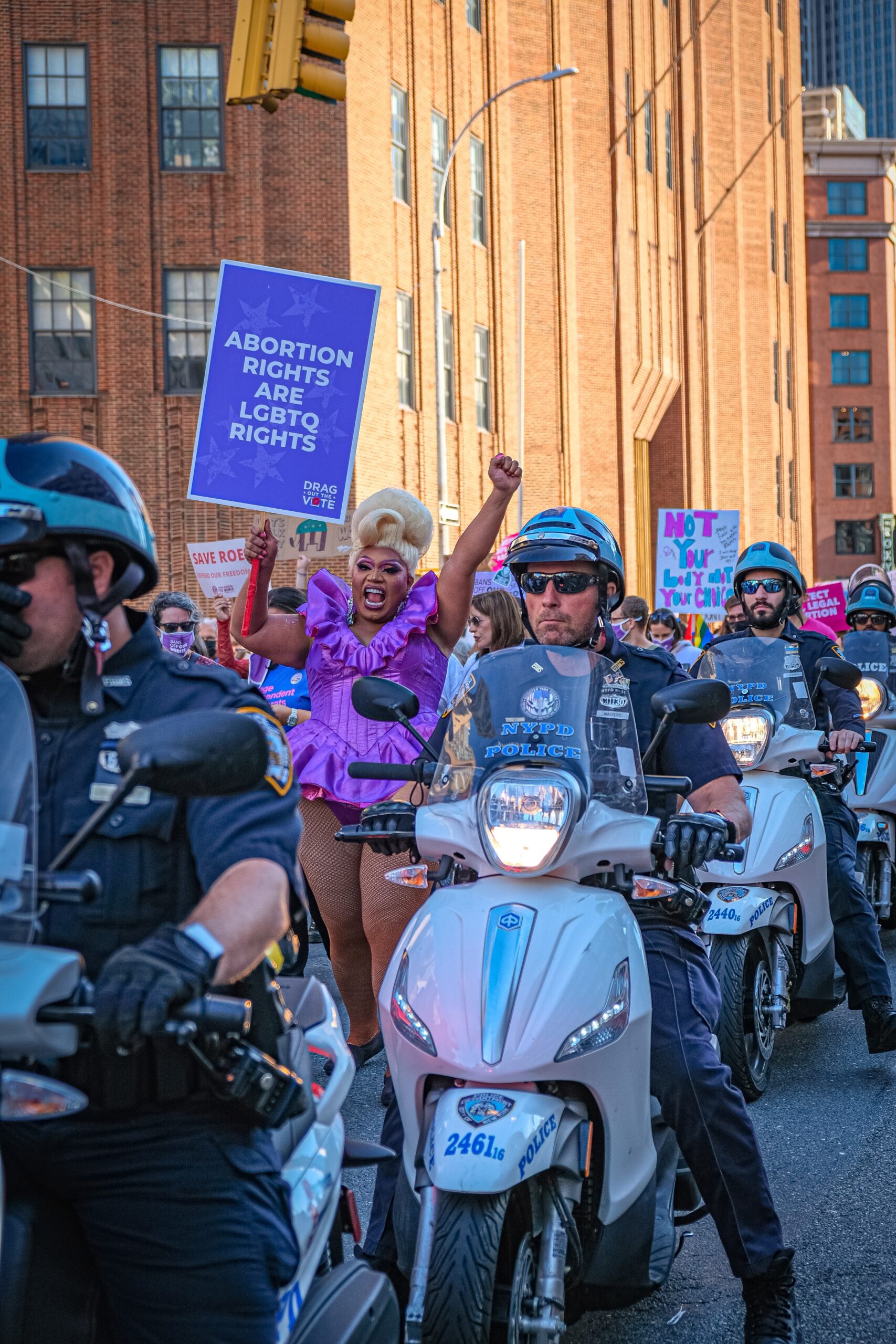
Community of rights (Photo by Katie Godowski from Pexels)
Women’s reproductive rights remains a controversial topic, still, today. The pro-life and pro-choice controversy has polarized our world due to various religious, cultural, political, and social influences.
The social movement for restrictions on performing abortions started around the 1960s in the United States. It was most notably recognized a decade later from the U.S. Supreme Court case, Roe v. Wade. In 1973, a 7-2 vote of the Supreme Court ruled that having an abortion was deemed unconstitutional. These conservative motives of this case completely removed any freedom of choice from virtually any childbearing woman. It immediately sparked a counter-movement for the permission for abortions, and this has evolved into a social and political conflict that still clearly occurs today.
Today, organized protesters have become a regular sight and create significant noise and chaos outside of clinics. Here in Louisiana, it has become increasingly difficult to get an abortion as anti-choice support continues to grow within the state. There are only three clinics that remain open and still perform abortions : New Orleans, Baton Rouge, and Shreveport.
Since 2011, the clinics have downsized from seven open to only three.
This deficiency in abortion care and attention puts a heavy strain on the remaining clinics’ resources and patients attempting to access these services. Many external factors, such as laws and regulations, financial burdens, Louisiana’s economic status, cultural and social attitudes, limited sexual education, and intimidation by anti-abortion organizations add to the anti-abortion environment. These factors further stigmatize abortion, and, therefore, further limit any access to care.
Abortion in Louisiana is a difficult issue that draws anti-abortion advocates to abortion clinics to protest. These anti-abortion advocates create yet another burden for individuals seeking abortion care. Not only are protesters intimidating and intrusive, but their presence can also trigger stress responses in patients and cause adverse health effects. The noise created by protesters can also negatively impact patients, as uncontrollable exposure to elevated noise levels can harm patients’ mental and physical health. The clinic staff may also experience adverse health effects from consistent exposure to high noise levels.
The New Orleans Abortion Fund has worked extensively on tackling this state issue. NOAF’s mission statement is to “affirm a person’s right to control their body and work to ensure that all people have access to quality medical care, regardless of their economic situation” (NOAF.org). The clinic was founded in response to the rigid abortion restrictions at the federal and state level.
NOAF is incredibly inclusive. In addition to funding abortions, they accomplish several others duties like strengthening neighboring clinics, building connections with other organizations or partnerships, and carrying out legislative responsibilities. NOAF works with many local medical providers to allow patients to feel comfortable, safe, and secure. The clinic has many volunteers that come daily and/or weekly called escorts. These escorts accompany patients in their nerve-wracking journey from the car to the clinic. This journey often involves getting verbally harassed by conservative protesters who stand outside of the clinic and preach their Christian values and scream vulgar insults to the patients.
For more information regarding the New Orleans Abortion Fund, visit www.neworleansabortionfund.org.
 NOLAbeings
Multimedia artist Claire Bangser created NOLAbeings as a portrait-based story project that marries...
NOLAbeings
Multimedia artist Claire Bangser created NOLAbeings as a portrait-based story project that marries...
 Data corner: Adobe Suite (create a PDF, social media graphic, presentation, edit a photo and video
Data corner is where you go to work with analytics and top tech skills. It takes on everything from PERL and SQL to Canva and Sprout Social.
Data corner: Adobe Suite (create a PDF, social media graphic, presentation, edit a photo and video
Data corner is where you go to work with analytics and top tech skills. It takes on everything from PERL and SQL to Canva and Sprout Social.
